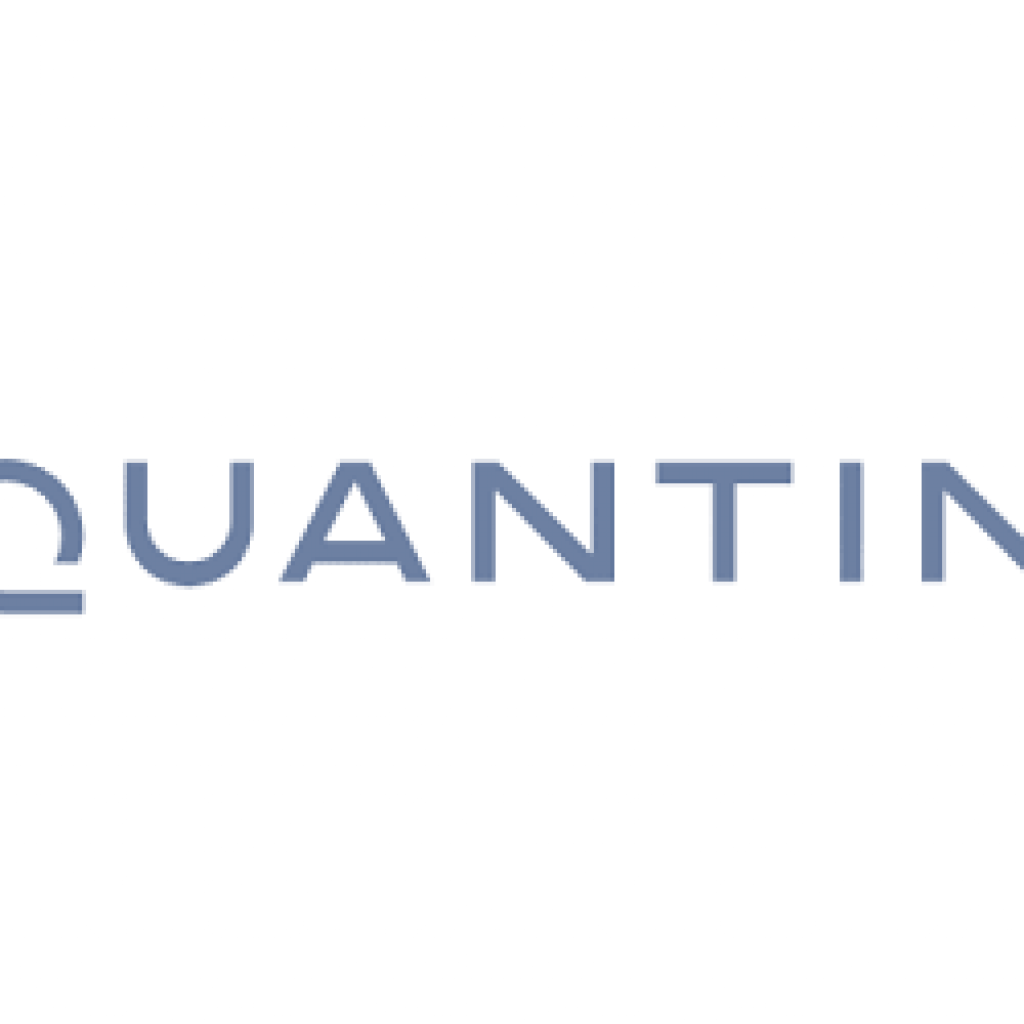(Forbes) Paul Smith Goodson is back with his usual excellent discussion; this time to detail Quantinuum’s release of InQuanto, a python-based quantum chemical software platform that performs chemistry algorithms on current quantum hardware, following a series of previous announcements featuring a record quantum volume and an upgrade to Quantum NL. IQT-News summarizes.
InQuanto is built on TKET, Quantinuum’s open-source agnostic software development kit used to create and execute programs. InQuanto’s ongoing research began in 2019 and resulted in several papers being published under the research name EUMEN. InQuanto was developed and deployed by Quantum’s chemistry team to enable collaboration with global partners exploring quantum computing use cases tailored to their industries. Among the partners were BMW, Honeywell, JSR, Nippon Steel Corporation, and TotalEnergies.
Dr. Jenni Strabley, Senior Director of Offer Management for Quantinuum, emphasized the importance of customer collaboration. “InQuanto offers customers collaborative support regardless of the quantum research stage they are in,” she said. “If a customer isn’t ready to launch a quantum program on their own, our quantum chemistry team will work side-by-side with =their subject matter experts to investigate the problem, understand their capabilities, and help them develop a research program.”
InQuanto includes the Variational Quantum Eigensolver (VQE) algorithm, which is the most used variational algorithm for quantum chemistry simulations on near-term quantum computers. Other algorithms such as ADAPT-VQE, Quantum Subspace Expansion, and penalty-driven VQE are also included in InQuanto for ground state and excited state calculations.
Quantum computational chemistry possesses the potential to address some of the world’s most complex and important applications. These include climate change, new drugs, new materials, optimization of electrical grids, efficient manufacturing of fertilizers and more. Using InQuanto, computational chemists and quantum developers can explore the capabilities of today’s quantum computers to model industrially relevant molecules and materials.
https://www.forbes.com/sites/moorinsights/2022/06/08/quantinuum-announces-inquanto–an-advanced-computational-chemistry-platform-for-quantum-computers/?sh=d4a396a2341f
Sandra K. Helsel, Ph.D. has been researching and reporting on frontier technologies since 1990. She has her Ph.D. from the University of Arizona.
